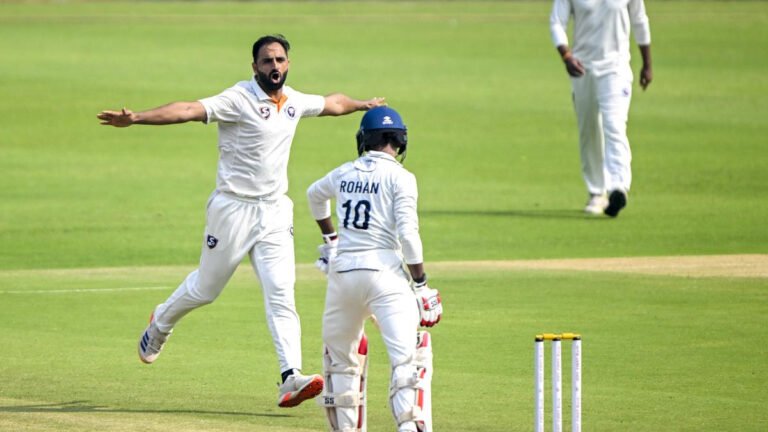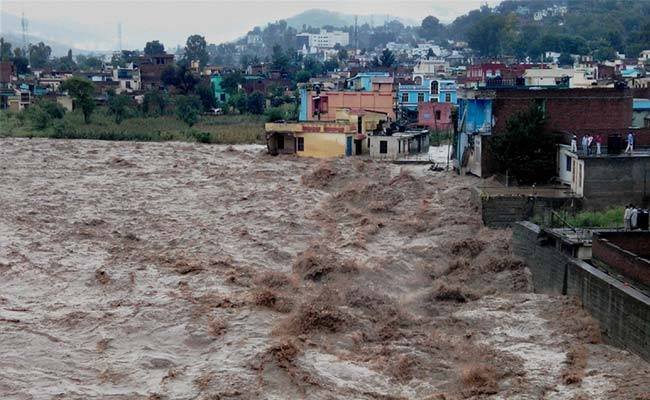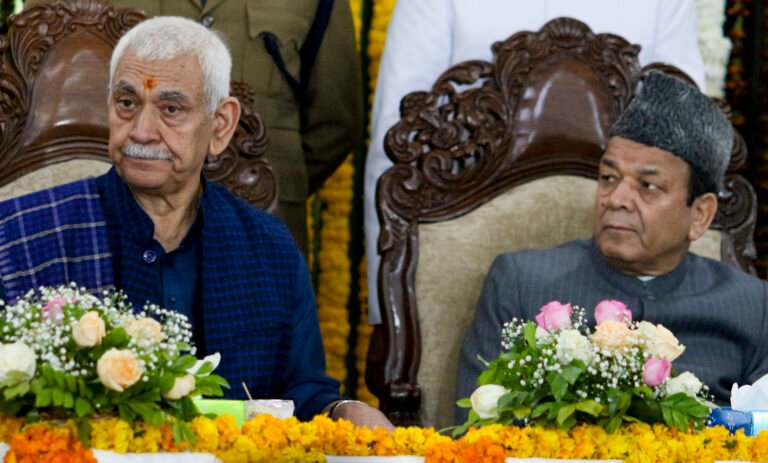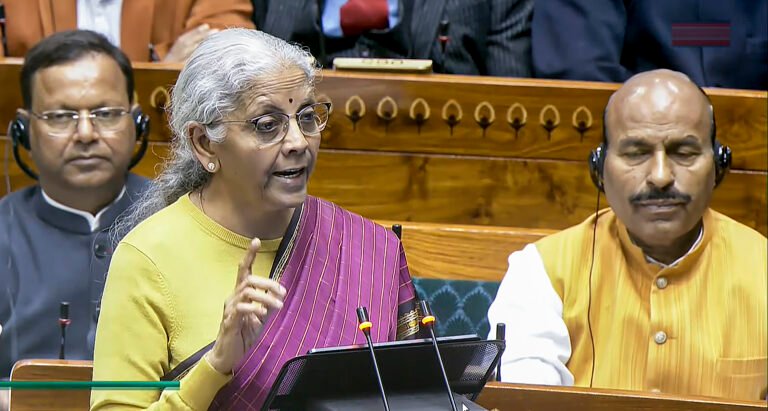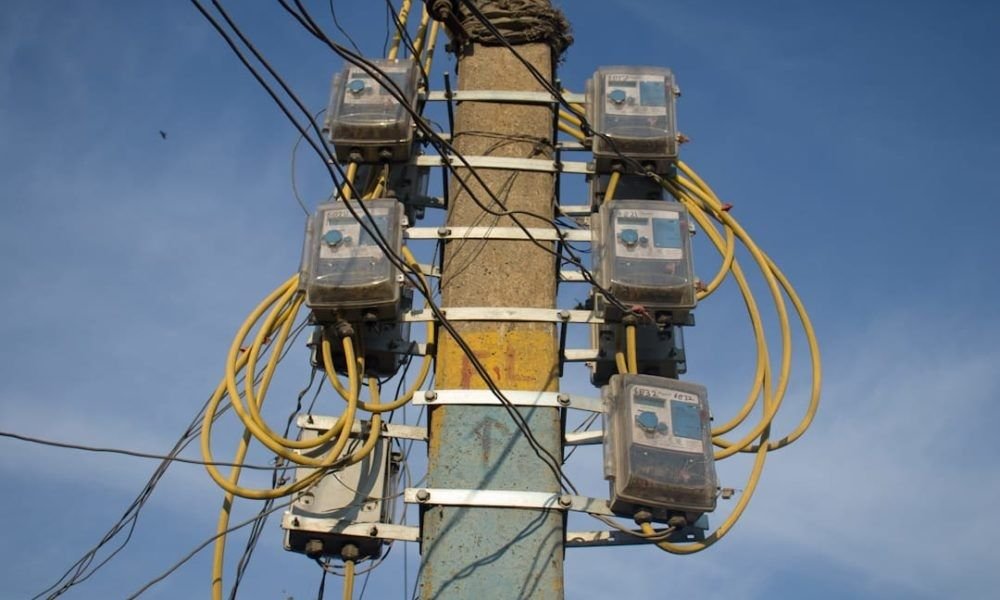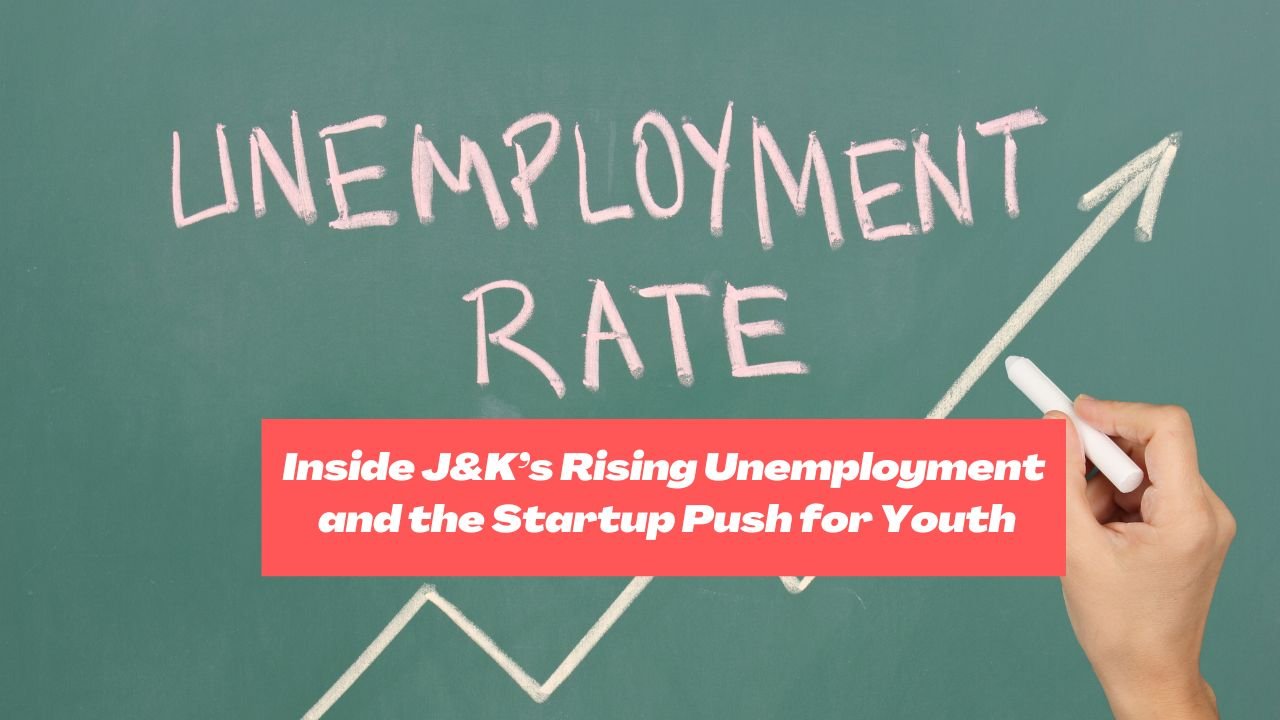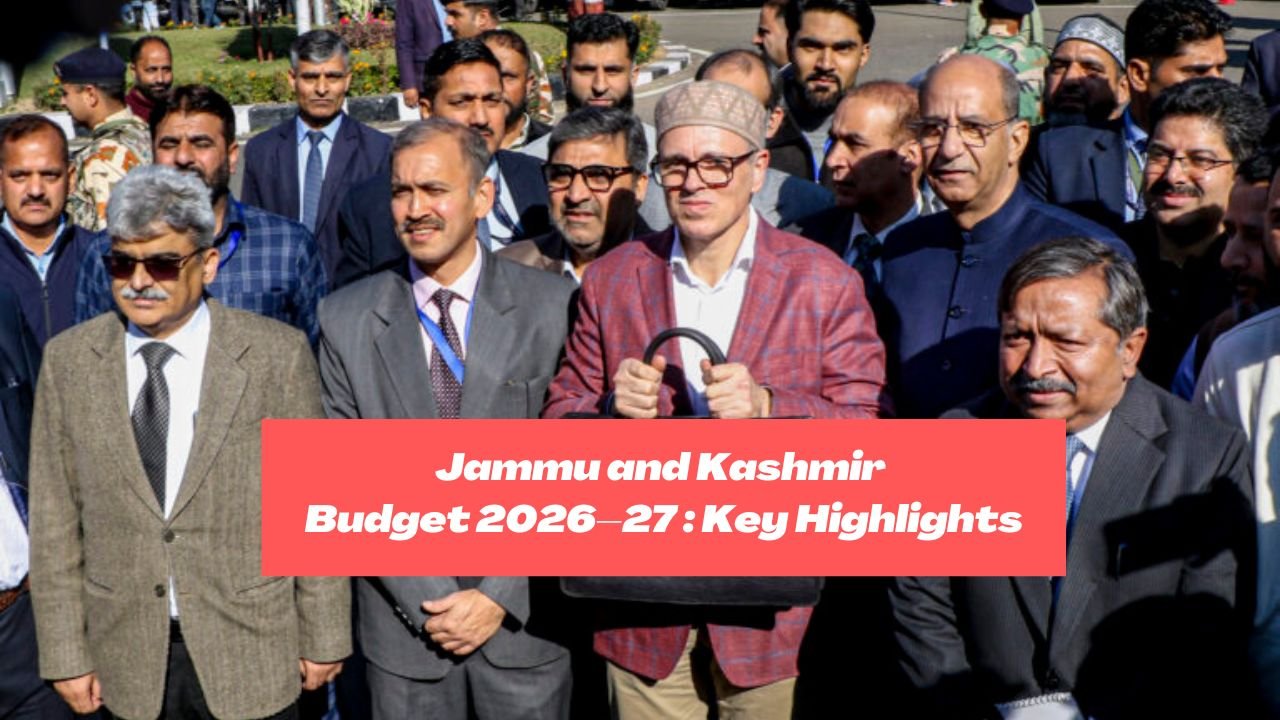The Jammu and Kashmir Assembly recently witnessed high drama as it passed a Special Status resolution urging the central government to engage in dialogue with elected representatives to restore the region’s special status. The resolution, which addresses the impact of the 2019 abrogation of Article 370, stirred immediate protests from BJP members, who expressed strong opposition and tore up copies of the document in the Assembly.
Resolution for Dialogue on Special Status Resolution Restoration
On Wednesday, the Assembly adopted a resolution calling on the Centre to initiate talks with Jammu and Kashmir’s elected representatives. The resolution emphasizes the importance of J&K’s former special status, underlining its role in preserving the region’s identity, cultural heritage, and local rights. The call for dialogue signifies a collective push by J&K legislators to reinstate the constitutional safeguards that were removed in 2019.
Read also: Why Omar Abdullah Opted for a Road Trip from Srinagar to Jammu?
Immediate Reactions and Opposition by BJP Members
The passing of the resolution was met with fierce resistance by BJP members. As Deputy Chief Minister Surinder Choudhary introduced the motion, chaos erupted in the Assembly. The BJP legislators voiced their objections, arguing that the resolution was not part of the official agenda. Leading the opposition, Sunil Sharma, Leader of Opposition, stated, “The discussion was supposed to focus on the Lieutenant Governor’s address.”
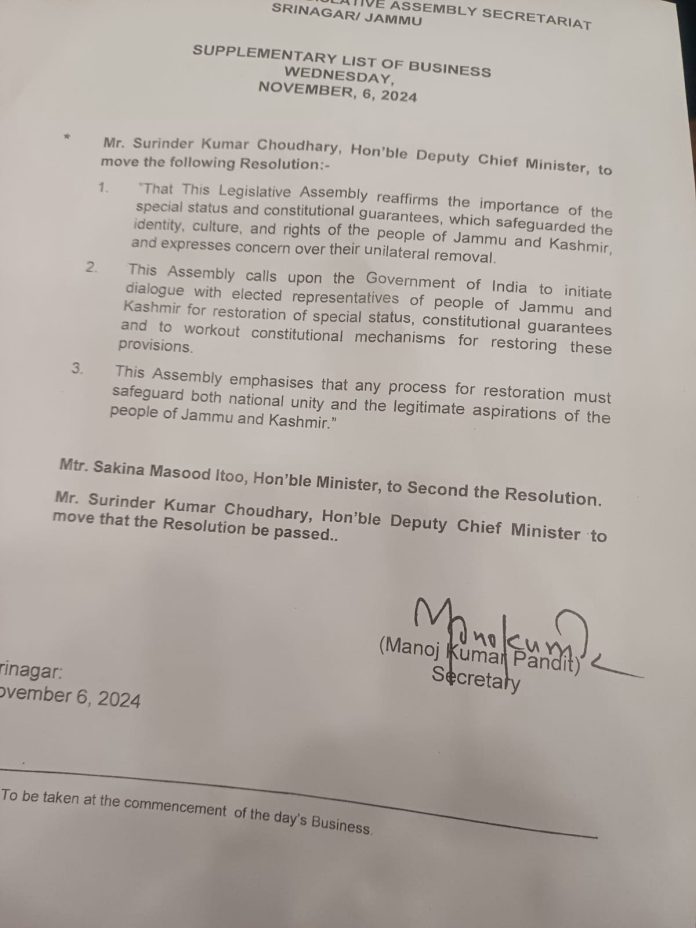
Following Sharma’s remarks, BJP MLAs stormed into the well of the House, creating noisy scenes. The Speaker’s decision to proceed with a voice vote, despite the ongoing uproar, further intensified the protests. BJP members ultimately tore copies of the resolution, tossing them into the well as they continued to raise slogans against the move.
Key Points of the Special Status Restoration Resolution
The resolution, introduced by Deputy Chief Minister Choudhary, is centered around several core elements aimed at addressing Jammu and Kashmir’s unique concerns:
- Reaffirmation of Special Status: The Assembly underscored the importance of restoring special status as a means to protect J&K’s identity and rights.
- Cultural and Constitutional Guarantees: The resolution emphasized the need for constitutional guarantees that honor the distinct cultural and social fabric of Jammu and Kashmir.
- Commitment to National Unity: While supporting the restoration of special status, the Assembly stressed that any approach should align with national unity and respect the democratic aspirations of the people of Jammu and Kashmir.
Continued Protests and Allegations of Bias
In the midst of the proceedings, BJP members continued their vocal opposition. Leader of Opposition Sharma alleged that the resolution was crafted “in collaboration with the Speaker,” further claiming that the Assembly’s agenda was being influenced by regional political interests.
Sharma also highlighted the BJP’s electoral gains in Jammu, asserting that the “mandate of the people supported the abrogation of Article 370.” He argued that the Speaker should act impartially, criticizing the current administration for favoring the National Conference’s stance on the issue.
Read also: Who is Abdul Rahim Rather, NC MLA elected as Speaker Of J&K Legislative Assembly?
Resolution Passage Amid Uproar in the Assembly
The resolution, which also expressed “concern” over the “unilateral removal” of the special status, was passed without any debate as the Speaker put it to voice vote amidst noisy scenes. BJP MLAs stormed the well of the House and are camping there.
Despite the disruptions, the resolution was put to a voice vote by Speaker Abdul Rahim Rather. In response to ongoing BJP protests, Rather emphasized that the voting process would proceed, even as the Assembly’s atmosphere remained tense. Once the resolution passed, BJP members resumed their protests in the well of the House, chanting slogans such as “5 August zindabad,” “Jai Shri Ram,” and “Vande Mataram.”
Following the vote, Speaker Rather temporarily adjourned the session for 15 minutes. Upon resuming, BJP MLAs continued to criticize the Speaker, accusing him of drafting the resolution with select ministers in an unofficial meeting. Rather, however, urged the members to take their seats and proceeded with the day’s agenda.
Political Dynamics and Regional Sentiment on Special Status
The passage of this resolution reflects ongoing regional sentiment in favor of reinstating the unique privileges and protections previously granted to Jammu and Kashmir. Many members of the Assembly, particularly from the National Conference (NC), voiced their support for the move, describing it as a fulfillment of a longstanding electoral promise. The NC’s leadership reaffirmed their opposition to the 2019 decisions, stating that this resolution was a step toward rejecting the abrogation of J&K’s special status.
Support from Other Political Parties
Representatives from other political groups, including the People’s Democratic Party (PDP), the People’s Conference, and the Communist Party of India (Marxist), also supported the resolution. These parties joined the NC in asserting the importance of re-establishing Jammu and Kashmir’s constitutional autonomy as a way to preserve its regional identity.
Historical Background: The Abrogation of Article 370
In 2019, the Indian government enacted a significant constitutional change by abrogating Article 370, which had granted Jammu and Kashmir a special status within the Union. This abrogation effectively removed J&K’s autonomy and led to the region’s reorganization into two Union Territories: Jammu and Kashmir, and Ladakh. The revocation of Article 370 was met with mixed reactions, garnering support from certain factions within India while raising concerns about its impact on J&K’s socio-political landscape.
The Debate over Autonomy and Integration
Since the abrogation, the political discourse around J&K has been marked by debates over autonomy, integration, and the preservation of regional identity. While supporters of the abrogation view it as a step toward national integration, critics argue that it has diminished local governance and undermined Jammu and Kashmir’s unique cultural and social characteristics. The resolution passed by the Assembly is seen as an attempt to rekindle this debate, urging the Centre to consider a path that respects J&K’s aspirations.
Moving Forward: Potential Dialogue and National Implications
As the resolution’s implications unfold, discussions around Jammu and Kashmir’s political future are likely to intensify. The Assembly’s call for dialogue reflects a desire for greater inclusion in the decision-making process, as local representatives aim to influence the direction of the region’s governance. While the central government has yet to respond, the Assembly’s stance is anticipated to play a role in shaping future interactions between J&K and the central administration.
In conclusion, the Jammu and Kashmir Assembly’s recent resolution underscores a critical aspect of the region’s political aspirations: a restoration of special status and the preservation of its unique identity. With significant opposition from the BJP, the resolution has reignited discussions about autonomy and national unity. As the debate moves forward, the people of Jammu and Kashmir await a response that addresses their concerns and aligns with India’s commitment to democratic values.





